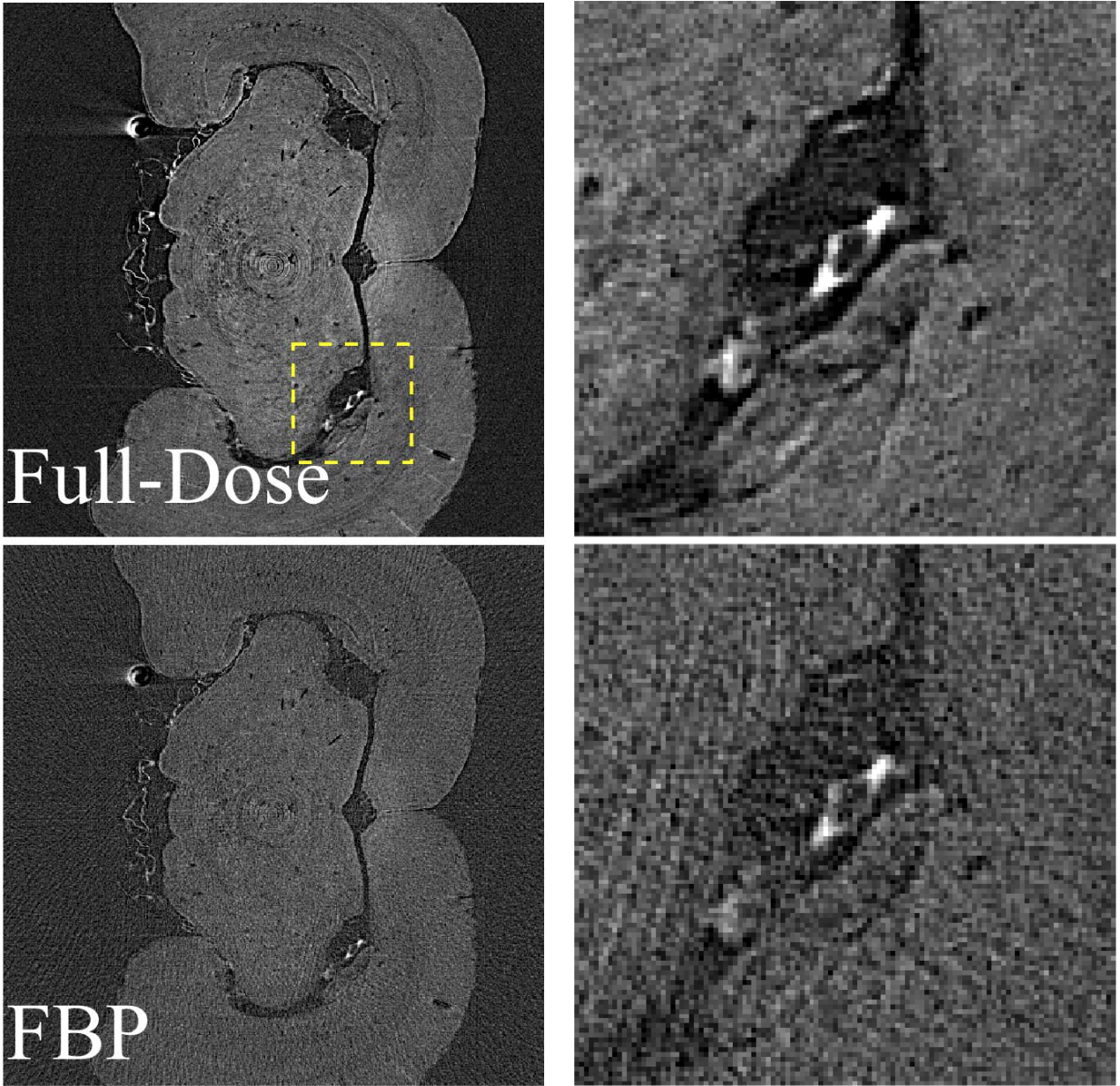Sparse-View Computed Tomography Reconstruction using Generative Adversarial Networks
Autumn 2020
Master Diploma
Project: 00396

In computed tomography (CT), the goal is to reconstruct a 3D object from a set of its 2D projections. Typically, this reconstruction task is formulated as an optimization problem where one exploits certain properties of the signal of interest (e.g., sparsity in a transform domain). However, over the past decade, several learning-based methods have been shown to outperform the classical reconstruction methods. In this project, we consider a setting where relatively fewer projections are available and the idea is to use generative adversarial networks (GANs) for the reconstruction task. The student should be familiar with the PyTorch framework and should have a general understanding about basic deep learning concepts. Prior experience in inverse problems and/or optimization is a definite plus.
References: [1] H. Gupta, K.H. Jin, H.Q. Nguyen, M.T. McCann, M. Unser, "CNN-Based Projected Gradient Descent for Consistent CT Image Reconstruction" [2] A. Bora, A. Jalal, E. Price, A. G. Dimakis, "Compressed sensing using generative models"
References: [1] H. Gupta, K.H. Jin, H.Q. Nguyen, M.T. McCann, M. Unser, "CNN-Based Projected Gradient Descent for Consistent CT Image Reconstruction" [2] A. Bora, A. Jalal, E. Price, A. G. Dimakis, "Compressed sensing using generative models"
- Supervisors
- Pakshal Bohra, pakshal.bohra@epfl.ch, BM 4.140
- Michael Unser, michael.unser@epfl.ch, 021 693 51 75, BM 4.136